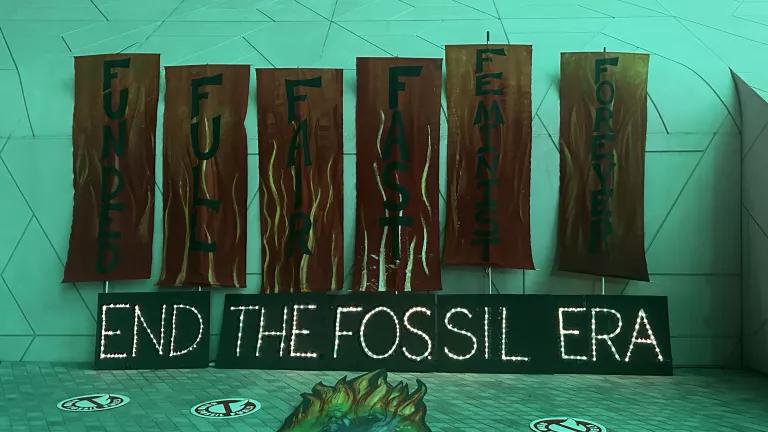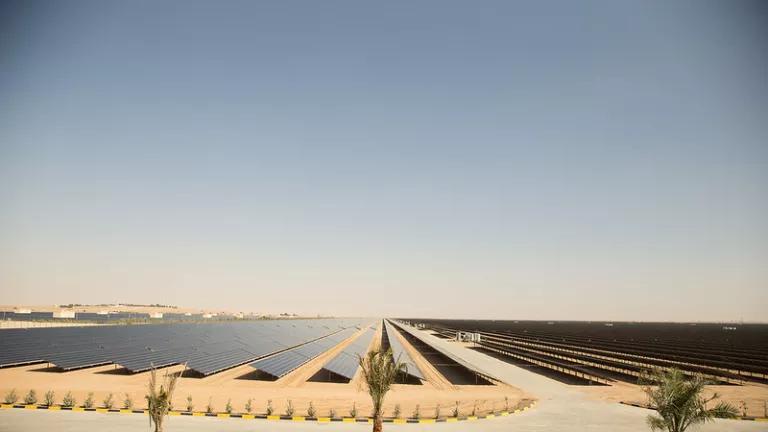McNamee Should Recuse Himself in FERC Resilience Dockets

The Natural Resources Defense Council today joined with other organizations in formally asking new Federal Energy Regulatory Commission (FERC) Commissioner Bernard McNamee to recuse himself from two pending proceedings related to the Department of Energy’s proposal to bail out coal and nuclear power plants, which McNamee signed while at DOE.
We joined Earthjustice, Sierra Club, and the Union of Concerned Scientists in filing the formal request with FERC. The filing with FERC is a necessary legal requirement before our groups can file a court challenge if McNamee fails to recuse himself.
The reasons for our decision to join in the recusal request with other environmental groups are straightforward. The first FERC proceeding is the Energy’s (DOE) September 29, 2017, Notice of Proposed Rulemaking (NOPR), which claimed it was necessary to bail out uneconomic coal and nuclear plants in order to ensure reliable electric service. Because Commissioner McNamee was DOE’s deputy general counsel for energy policy at that time, he signed the cover letter transmitting the NOPR from DOE to FERC. As a matter of both law and fairness, Commissioner McNamee cannot participate as a decisionmaker in the same case in which he previously participated on behalf of DOE. Although FERC unanimously rejected the NOPR on January 9, 2018, the proceeding itself remains active because a party has asked FERC to reconsider its decision. If Commissioner McNamee participates in adjudicating the pending rehearing requests, it would amount to him deciding his own case.
The second proceeding is the new “resilience” docket that FERC initiated at the same time it rejected DOE’s NOPR. While rejecting the NOPR, FERC has asked for input on ways to improve the grid’s ability to withstand and recover from extreme weather and other threats. FERC intends the resilience docket to further evaluate the same and similar issues as those raised in the NOPR. During his Senate confirmation hearing, Commissioner McNamee said that through the resilience docket, “FERC’s examination of the issue is still outstanding. The issue I think needs to be, and what they are looking at, is what are the attributes that are necessary for resilience.” Essentially, the NOPR and FERC’s resilience docket are addressing the same substantive matters.
The connection between Commissioner McNamee and FERC’s two pending dockets is even stronger because of his continuing work on the issues at DOE. As executive director of DOE’s Office of Policy, Commissioner McNamee was tasked with examining the statutes and legal justifications for First Energy Solutions’ illegal coal and nuclear bailout proposal, as well as DOE’s leaked bailout proposal, both of which are variations of the NOPR. The First Energy Solutions’ proposal also raise issues relevant to FERC’s resilience docket.
Critically, the existence of actual bias is irrelevant here. We presume that Commissioner McNamee will approach these issues objectively, as he promised during his Senate confirmation hearing.
However, under the law an appearance of bias is enough. To preserve the perception of fairness and to safeguard due process and the rule of law, Commissioner McNamee’s recusal is warranted in these two FERC rulemaking dockets.




